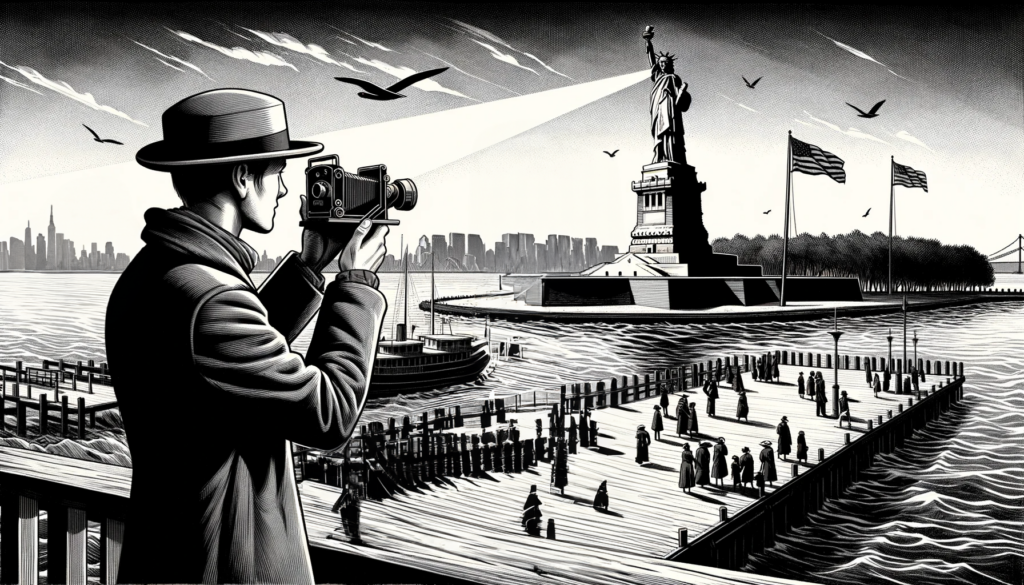Gästinlägg av Simon Sinek
It all started in 1885. Grover Cleveland was president of the United States when George Eastman introduced roll film, the invention that paved the way for the development of the motion picture. The film business was such a good business, in fact, that Eastman’s company, Kodak, went on to form an entirely new company whose sole purpose was to manufacture the chemicals needed to develop their film.
In 1936, Kodak introduced 35mm film and life was good.
But then, in 1975, Kodak did something horrible: they invented the digital camera. You heard me right, Kodak invented the digital camera in the 1970s. This was not good. Fearing their new invention would eat away at film and chemical sales, Kodak worked to suppress the new technology.
Kodak made the biggest mistake possible.
As Zig Ziegler said: ”People don’t buy drills, they buy holes”. And Kodak ignored the hole to protect the drill.
Instead of building a business around why people use film, they set out to protect the film itself. No company can suppress an advancement in technology, and certainly not for such a selfish reason as to preserve the status quo to maintain sales of one piece of intellectual property.
And in 1999 it all started to unravel.
Just as digital photography was starting to gain momentum, Kodak’s stock traded at about $80. It has been a steady decline since and now their stock rarely goes beyond between $4 – $5 a share.
The massive loss of money notwithstanding, Kodak has been forced to lay off thousands of workers to stay in business. All because they focused on what they were selling at the expense of why people were buying it.
Imagine if Kodak embraced the reason the film existed and let go of the film. They would be THE pioneer in digital photography.
To paraphrase Seth Godin, the goal is not to find customers for your products, it’s to make products for your customers.
Sadly, other industries were too busy protecting their drills while ignoring the holes to notice what happened to Kodak. The music industry was too busy trying to protect DVDs and an album culture as the world around them moved to an mp3 and song culture. They tried to suppress the spread of mp3s by running around suing 13 year olds.
Even my own publisher, Penguin Books, which is now living in a digital book world, refused to let me give away my book on Kindle for free for a week for fear that it would, and I quote, ”eat away at hard cover sales”. People don’t want a paper-bound book, they want the ideas contained within that book.
Companies obsessed with protecting their intellectual property forget that people are actually buying the application of their intellectual property – why the product exists.
The ones that understand this are the ones that find new and different ways to help people get that application they want regardless the form the intellectual property takes. Call it open source, if you want, the companies who embrace the philosophy are the leaders and the innovators.
Kodak, publishing and the music industry – they are the dinosaurs.
Simon Sinek undervisar företagsledare i konsten att inspirera människor. Han konsulterar, skriver och håller tal runt om i världen om kraften i ett tydligt Why – om syftet, meningen och tron på något som en stark drivkraft hos oss alla. Simons idé, The Golden Circle, är baserad på biologin bakom människans beslutsprocess. Hans första bok, Start With Why: How Great Leaders Inspire Everyone to Take Action, kom ut i oktober 2009. Inlägget är också publicerat på Re:Focus.
_
Relaterat:

Lämna ett svar